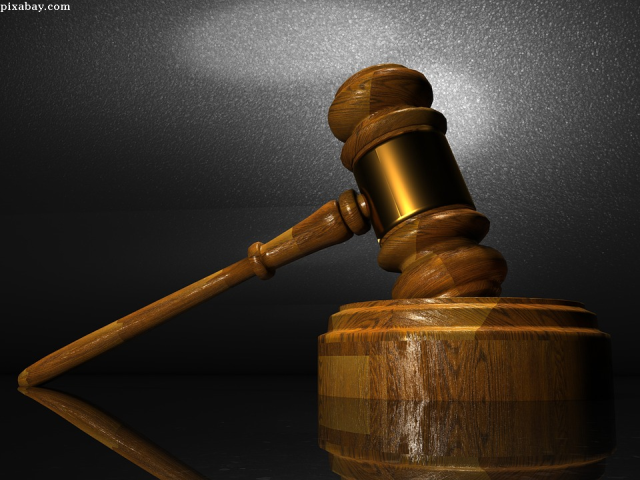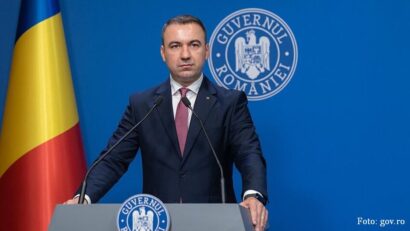The Constitutional Court resets the political game
The political confusion deepens in Romania.

Bogdan Matei, 25.02.2020, 14:00
The Constitutional Court of Romania
is an arbiter that is little liked by the political class but whose rulings are
implacable. On Monday, the Court established that there exists a legal conflict
between president Klaus Iohannis and Parliament over the designation of the
leader of the National Liberal Party Ludovic Orban as prime minister. A
complaint in this respect was filed by the Social Democratic speakers of the
two chambers of Parliament, who claimed that the president’s designation as
prime minister of the same person who had been dismissed last month in a
no-confidence vote in Parliament was contrary to Parliament’s will. The
president of the Constitutional Court of Romania, the former Social Democratic
politician Valer Dorneanu says, however, that the Court’s ruling is based on a
different argument:
I don’t know what gave you to
understand that our ruling means the president could not have designated Orban
as prime minister. Our argument relating to the existence of a conflict had to
do with the fact that the person designated, and I’m not referring here to
Ludovic Orban per se, was designated, or at least that’s how it transpires from
the course of events, not to form a new government, but, as he himself says, to
make sure one such government collapses.
The plan of the National Liberal
Party, which is ahead in opinion polls, was for two governments to be voted
down within the space of 60 days, thus triggering the dissolution of Parliament
and holding early elections. An open supporter of this scenario, president
Iohannis will not comment on the ruling of the Constitutional Court. He has
criticised instead what the media have described as the anti-play practiced
by the Social Democratic Party:
The most legitimate solution is going
back to the people as soon as possible and creating a new parliamentary
majority that can sustain a stable government. We cannot go on like this, in
constant deadlock, with governments that change every few months. We see,
however, that the Social Democratic Party is afraid to go back to the people
and, although it has failed in government for the last three years, now wants
to prevent those who have proven they know what must be done in Romania and are
willing to do it from doing their job.
The president admits that the
chances of early elections have now dropped to under 50%. According to experts,
21st of June is the deadline for holding early elections, because on
this date the current Parliament enters the last six months of its mandate and
can no longer be dissolved. In its three decades of post-communist democracy,
Romania has never had early elections, regardless of how unstable the political
scene might have been. Commentators say the fear of some parliamentary parties
that they won’t make it to Parliament and of some MPs that they won’t win
another term will prevail this time as well. (Tr.: CM)






























